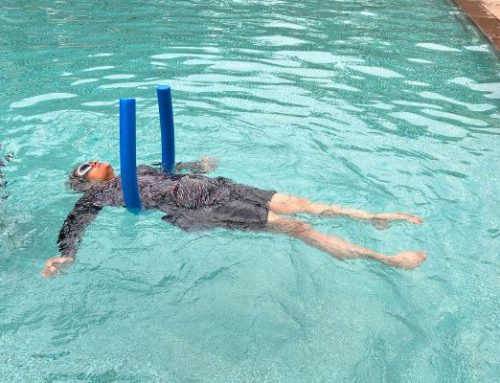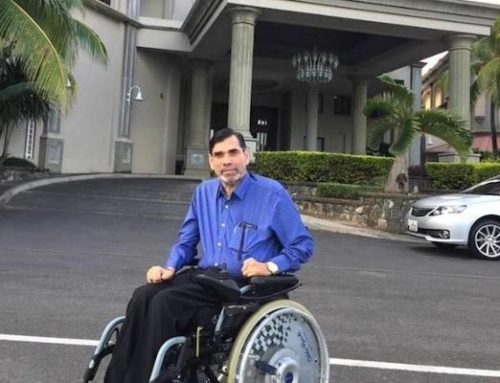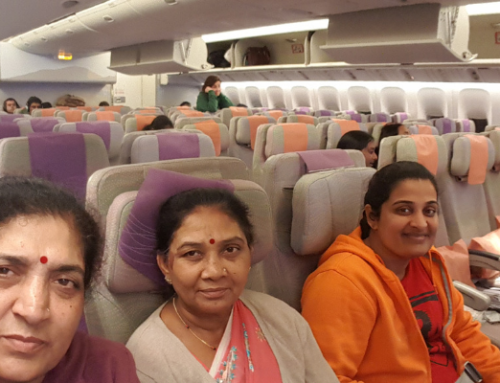“Motion se hai emotion”
“इन्सान का इमोशन उसके मोशन से जुड़ा हुआ है (A man’s emotions are linked with his motion)” declares Amitabh Bacchan’s character – Bhashkor Banerjee, in the movie Piku. And I couldn’t agree more 🙂
The makers of the movie might describe the core of Piku’s story as the relationship between a father and his daughter, but for me, it was more about the concept mentioned in the tagline Motion Se Hi Emotion.
This might be a non-issue for a majority of people, but after a spinal cord injury (SCI), managing motion becomes one of the most important aspects of life. Because of the SCI, our brains are not able to communicate with all organs and muscles below the level of the injury, including bowel and bladder. We don’t have any control over them so we learn how to manage them. This impacts the choice of food we can eat and not eat, the time we sleep and wake up, the time it requires us to get ready, the feeling of anticipation and lingering risk of a bowel accident when you really don’t want it to happen (Ex traveling or in the middle of a meeting at office) and the time wasted in the middle of the day/ activity cleaning up.
When I saw the movie, there were so many ‘Hey, me too’ moments. Bhashkor and his daughter Piku, played by Deepika Padukone, constantly debate about Bhaskhor’s obsession with managing constipation. There are many fun conversations, from the food items they eat to discussing home remedies to describing the quality of motion to just fussing over why does it not happen satisfactorily every time. It was definitely a serious topic for the duo to dwell upon.
Check out this trailer of Piku…
I think that managing bowel and bladder is one of the best things they teach you at SCI rehab. In the initial years of SCI, I could vouch for each and every emotion that Bhashkor goes through. If you check with my family and caretaker, all of us will relate to the detailed conversations from the movie.
Having a good bladder program, in those days, had a direct correlation with how I felt throughout the day. No motion in the morning meant I could lose a precious hour anytime during the day, maybe during exercise or maybe during an important conference call. It was frustrating to deal with a tentative bowel. On the other hand, on good days I would feel like a free bird who can conquer the universe.
Towards the end of the movie Bhashkor takes a long cycle ride around the city, eats roadside junk food, realizes it is all about living life to the fullest and loosens up his attitude which culminates into his most satisfactory motion ever. He finally gets the most-relaxed-person-on-this-earth look.
Over the years I have learned to manage my bowel and bladder. I have a fair idea of what food and drinks work for me and which ones make me work harder the next day. It still impacts my emotions. On good days I feel awesome about how my day is going to pan. I take tips from fellow quadriplegics and paraplegics. We have a Whatsapp group where such topics are not taboo but as casual as discussing what food to order at a working lunch.
We learn to look at managing motions and emotions as a game. There are rewards for eating the right thing and using the right tactics. There is a penalty for going overboard and not taking care of the body. I take calculated risks depending on how irresistible a food item is versus my next day’s schedule versus availability of my caretaker versus what-the-heck at times. Life is a healthy mix of juggling laxatives, high fiber salads, castor oil, banana, papayas, my favourite chicken, fish and prawns, junk food, warm water with lemon and so on.
Pictures with my mom and cousins when we watched Piku at a theater:





